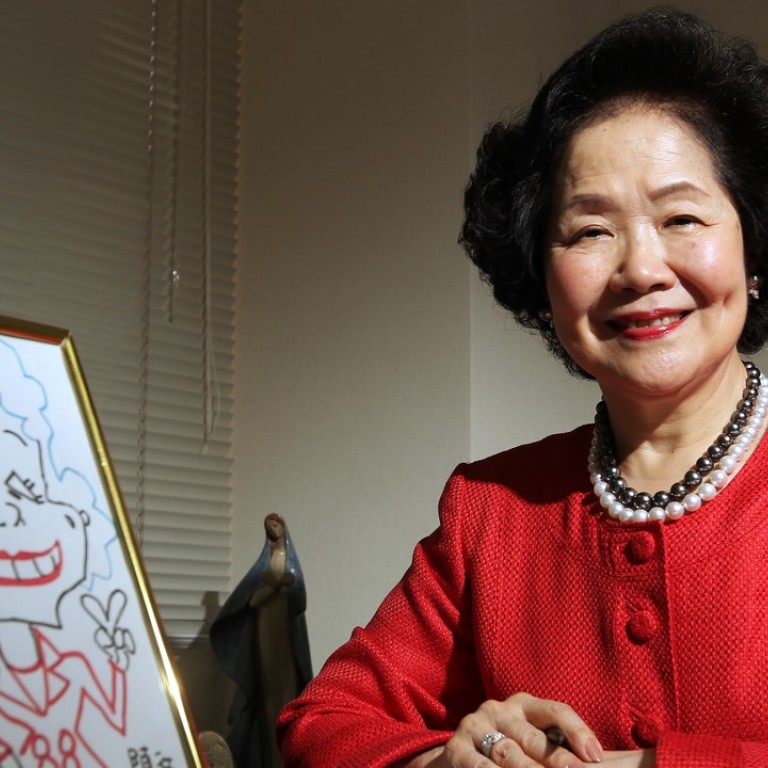
Ten Hong Kong women who have made a difference, from Elsie Tu to Gigi Chao to Ann Hui
Some fought for the underprivileged or championed human rights, others were leaders in sport, the arts, politics or business, and all have left their mark on Hong Kong
Amid the growing calls for women’s equality, fuelled by movements such as Time’s Up and #MeToo to combat sexual harassment, the theme for this year’s International Women’s Day is #PressforProgress.
With gender equality still more than 200 years away, according to the World Economic Forum’s 2017 Global Gender Gap Report, March 8 marks a start to the coming year’s theme.
Here we highlight 10 inspirational Hong Kong women who represent progress, both past and present.
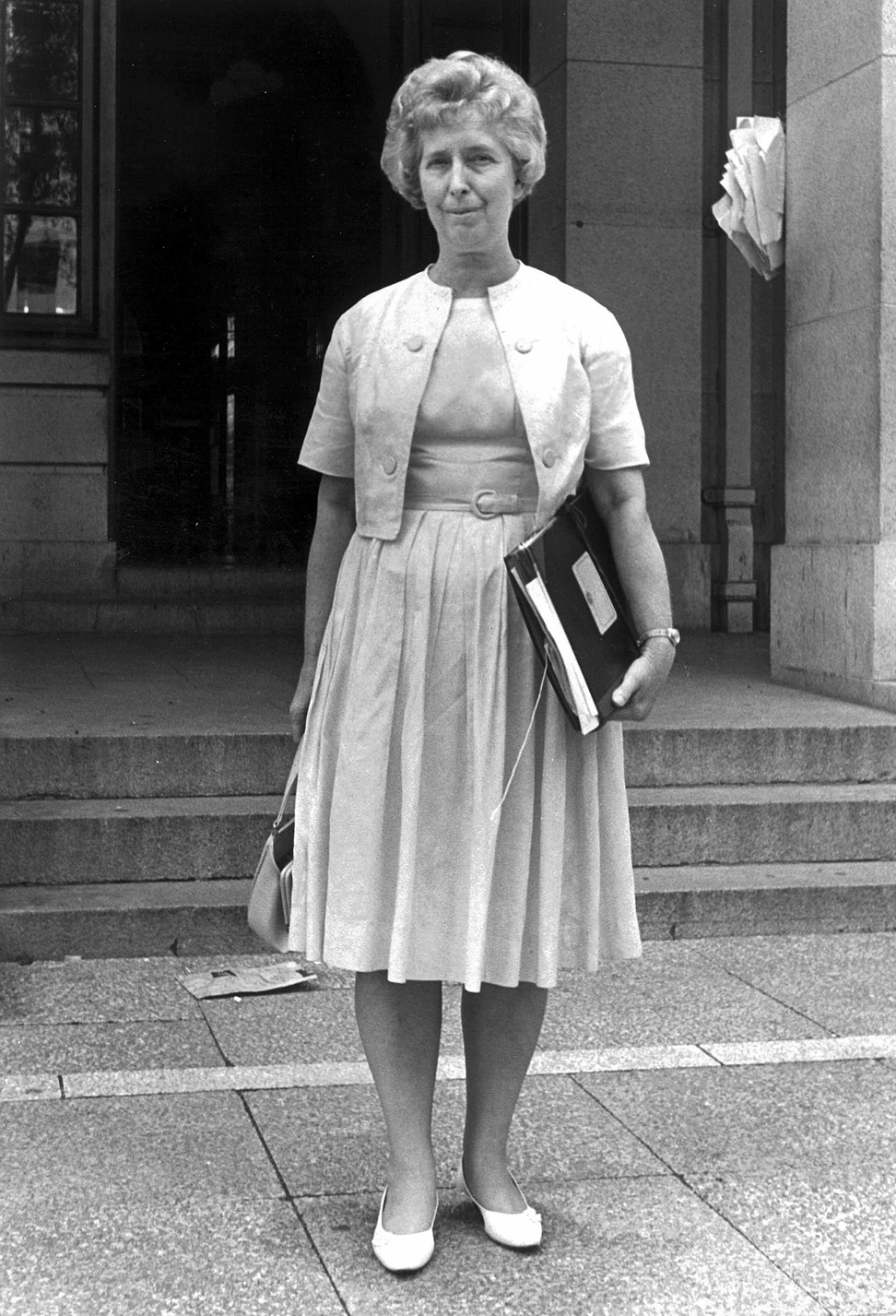
Politics
Elsie Tu
Tu moved to Hong Kong in 1951 with her then husband William Elliott, on missionary work. Shocked by the levels of poverty and injustice she witnessed in the city, she left their church because it refused to get involved in social issues, and her marriage subsequently broke down. In 1954 she co-founded the Mu Kuang English School near Kai Tak, Kwun Tong, with Andrew Tu Hsueh-kwei, who became her second husband in 1985. The school originally taught 30 poor children in an old army tent, and today educates 1,300 children from low-income families.
Veteran Hong Kong politician Elsie Tu: a life in pictures
In 1963, Tu won the election to the now defunct Urban Council, and in 1988 became a member of Hong Kong’s Legislative Council. Her career in politics was spent fighting injustice. She fought for decriminalisation of homosexuality, helped to rehouse squatters after their huts were demolished by the government, campaigned against triad-related corruption, and fought against public transport fare increases, travelling to Britain to protest the 1966 rise in fares on the Star Ferry.
Her campaigning was credited with leading to the establishment of the Independent Commission Against Corruption in the 1970s which was created to stamp out corruption in government departments, and in 1979 she formed the Association for the Promotion of Public Justice.
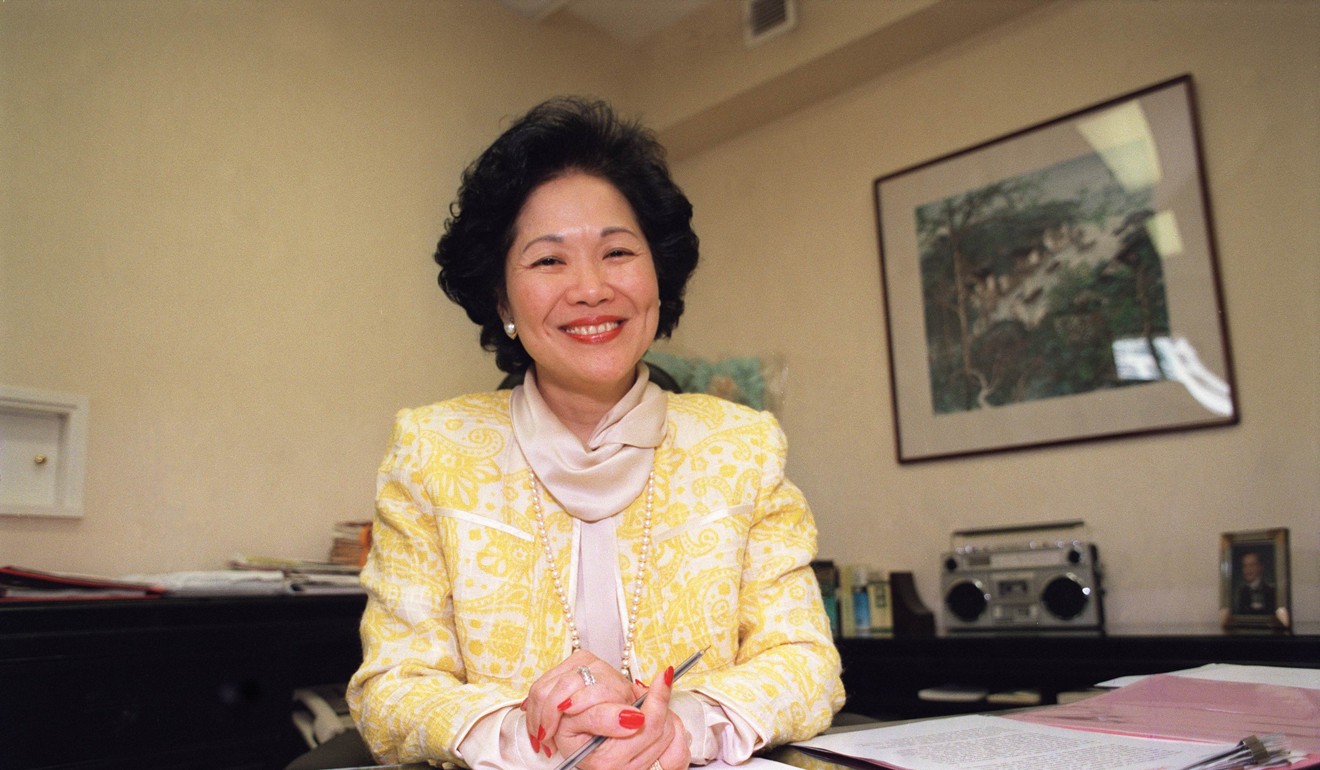
Anson Chan
As deputy to the then British colony’s governor, Chris Patten, she was seen globally as the face of Hong Kong in the lead-up and adjustment to its return to Chinese sovereignty in 1997.
Besides politics, Chan is remembered for defending the freedom of the press when pro-government figures attacked local radio station RTHK for being too critical of the Hong Kong and Chinese governments. She argued that the press should continue to report as it had done before 1997. This culminated in a four-hour speech on the importance of press freedom.
Following her retirement from government in 2001, she launched Hong Kong 2020, in 2013, which advocates for universal suffrage.
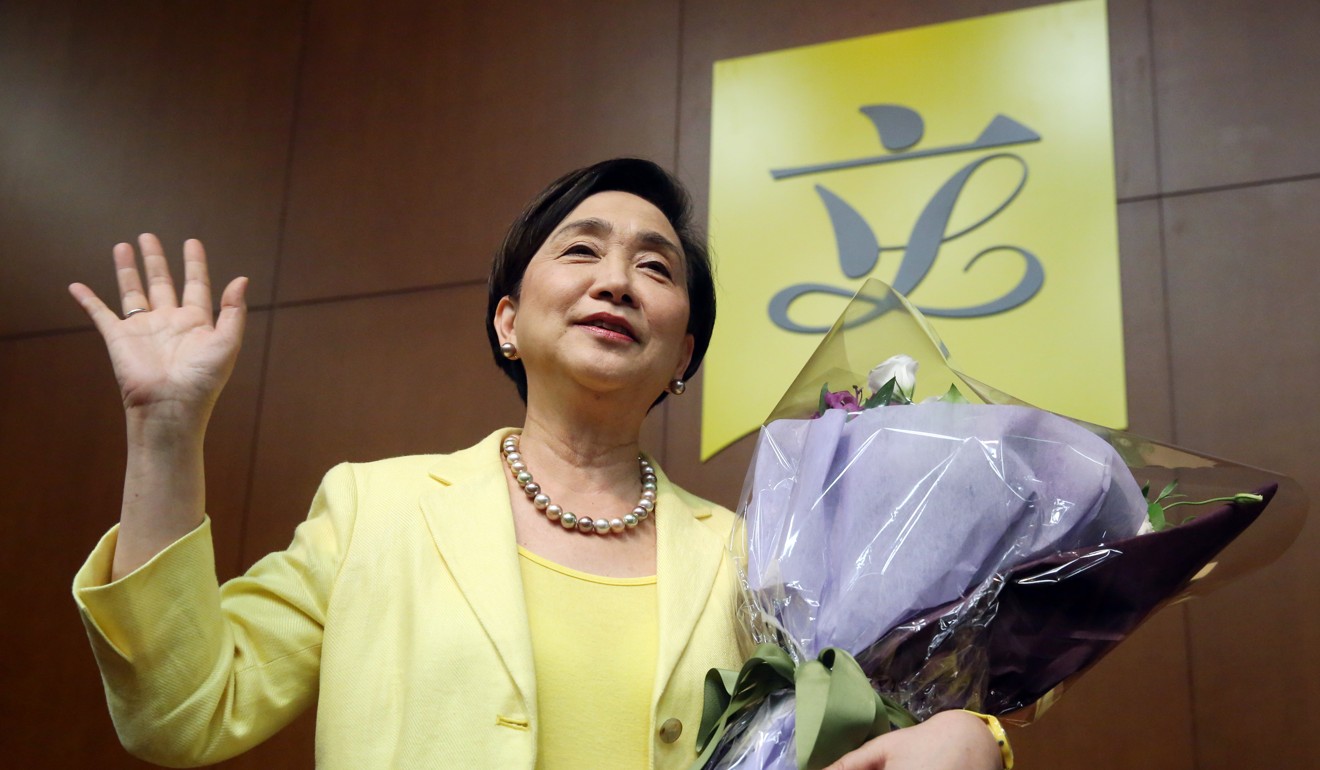
Emily Lau
In 1991, in a landslide victory, former journalist Emily Lau Wai-hing became the first woman to be directly elected to the Legislative Council. She was already known for questioning British prime minister Margaret Thatcher in 1984 for “promising to deliver over five million people into the hands of a communist dictatorship”.
Five years later, in 1996, Lau co-founded the political group The Frontier, which took an aggressively pro-democracy, pro-human rights and anti-Communist stance. That year, she was arrested for taking part in protests against the closed-door election for chief executive – as the head of Hong Kong’s government was called following its return to Chinese sovereignty.
Beijing must keep its word on universal suffrage
Lau’s scepticism of the “one country, two systems” formula agreed by Britain and China for running Hong Kong after 1997, demand for a redraft of the city’s Basic Law and call for a minimum wage earned her the Bruno Kreisky Award for human rights work in 1998.
Considered a radical by the Hong Kong government, Lau has been dubbed the city’s “Iron Lady”.
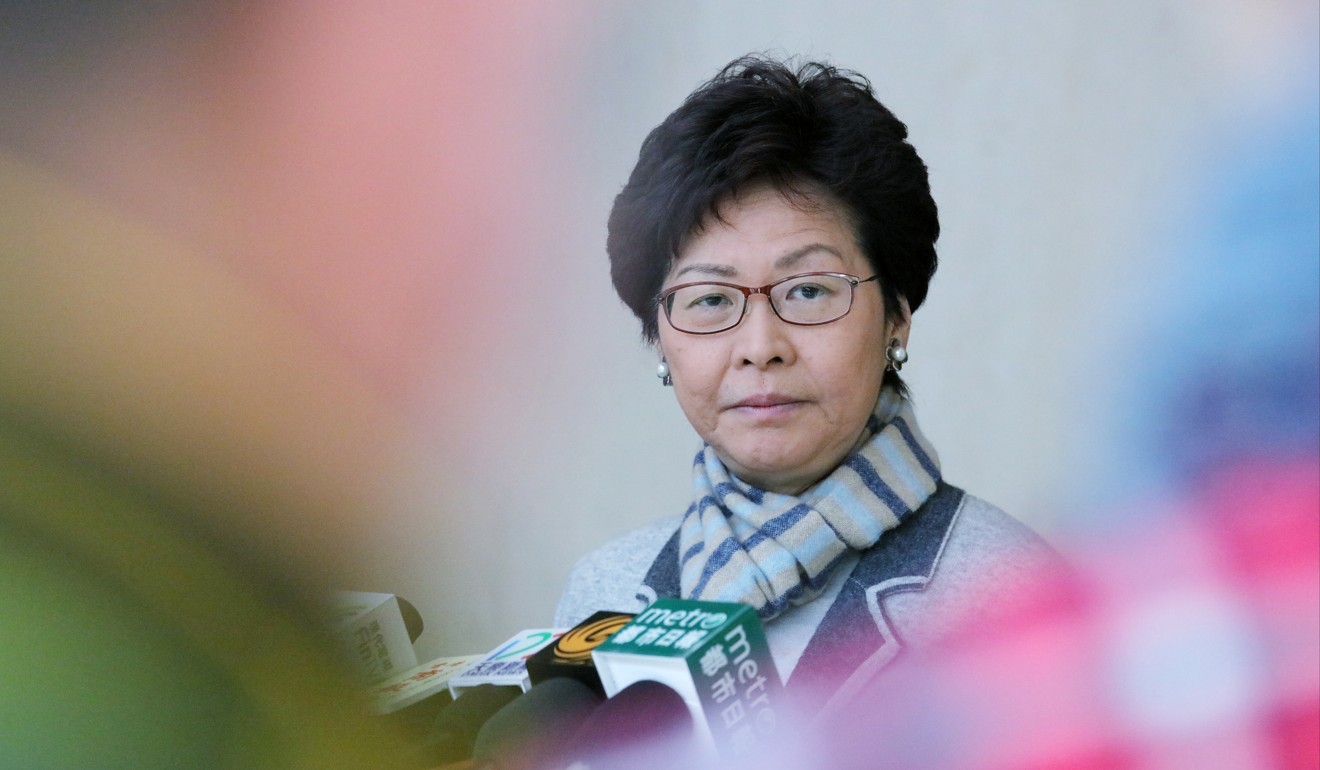
Carrie Lam
Born into a low-income family, Lam attended the University of Hong Kong and graduated with a Bachelor of Social Sciences degree in 1980. She was a student activist before joining the city’s Administrative Service in 1980. The 60-year-old is also the city’s first leader to have graduated from the University of Hong Kong.
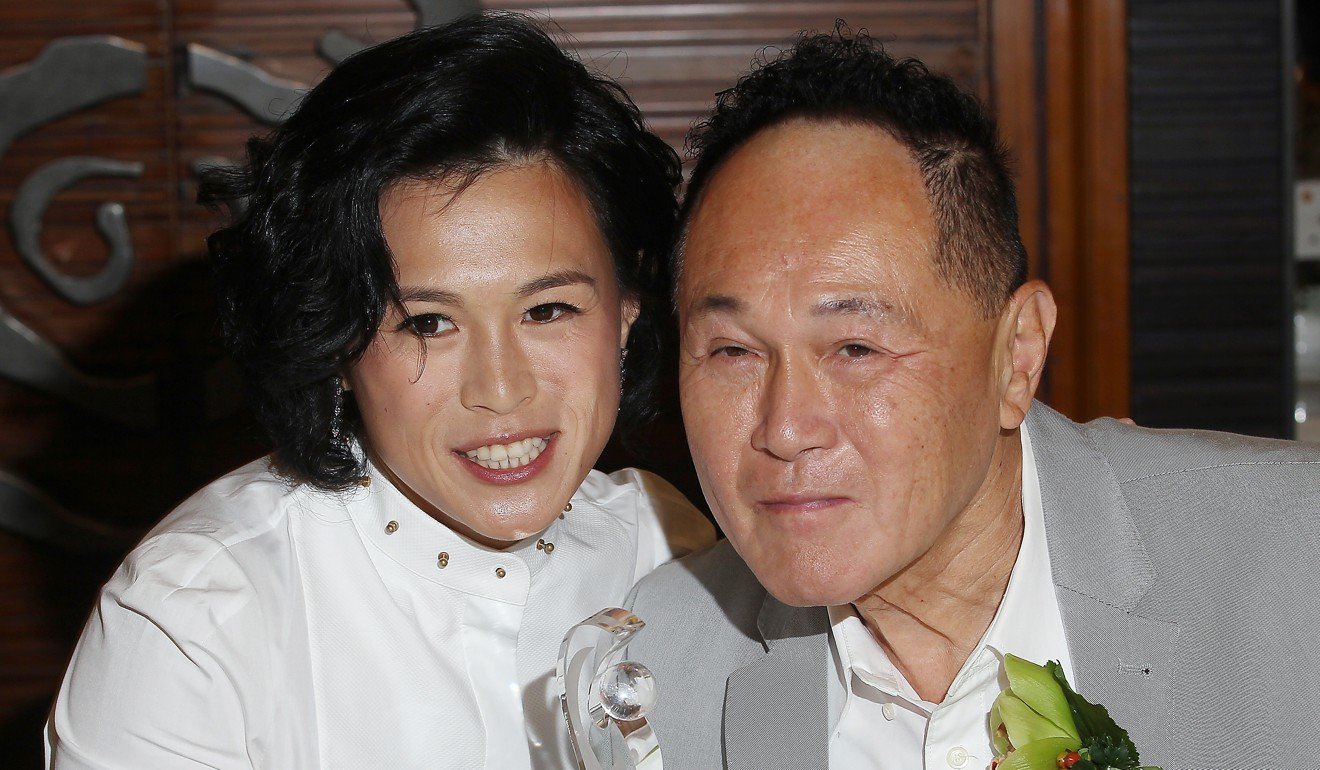
Sexual equality
Gigi Chao
The daughter of a Hong Kong property tycoon, Gigi Chao is not just a Hong Kong socialite. In 2012 her father Cecil Chao Sze-tsung offered HK$500 million (US$64 million) to any man who would marry his lesbian daughter. He increased that figure to HK$1 billion in 2014, making international headlines and highlighting his refusal to accept her sexuality.
In a city where civil partnerships are still not recognised, the 38-year-old is seen as someone in the spotlight who is not afraid to speak out. She is now a board member of gay rights group Big Love Alliance, a charity that promotes equality and lobbies the government to pass anti-discrimination legislation for sexual minorities.
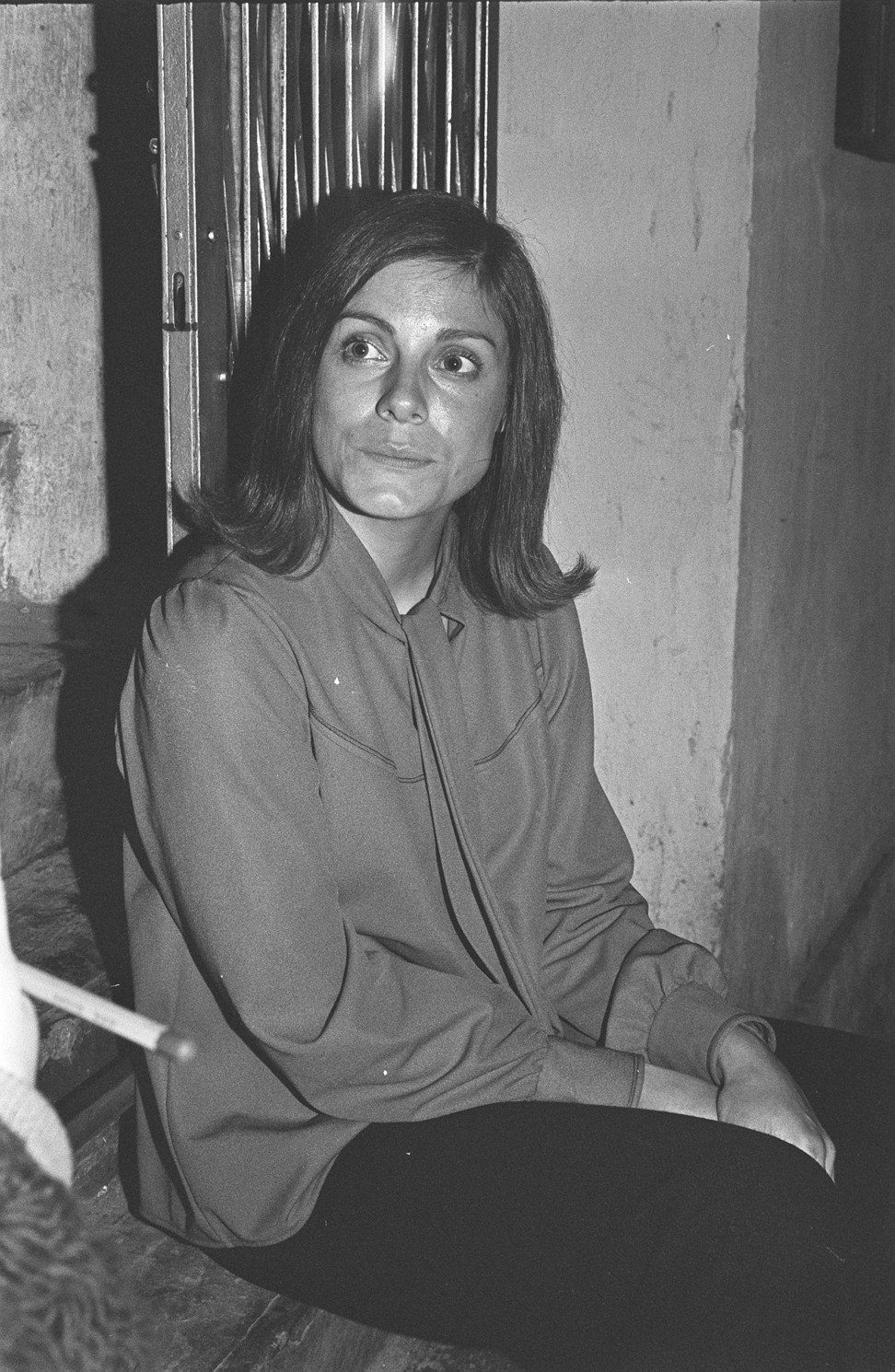
Charity
Jackie Pullinger
Jackie Pullinger arrived in Hong Kong from Britain by boat in 1966, aged 22. The Christian missionary started off working as a primary-school teacher in the lawless Kowloon Walled City, which at the time was one of the world’s largest opium producing centres, and rife with triad gangs.
When the death knell sounded for Kowloon Walled City – Hong Kong’s ‘dirty old wart’
In 1981 she founded the charity St Stephen’s Society, which provides rehabilitation homes for recovering drug addicts, prostitutes and gang members. Rather than providing medication, the centre in Sha Tin helps drug addicts kick their habits through prayer, and free of charge. The aim is not only to help addicts stop using drugs, but to also change their outlook on life. The centre houses around 200 people who pray, exercise and learn skills such as English and computing.
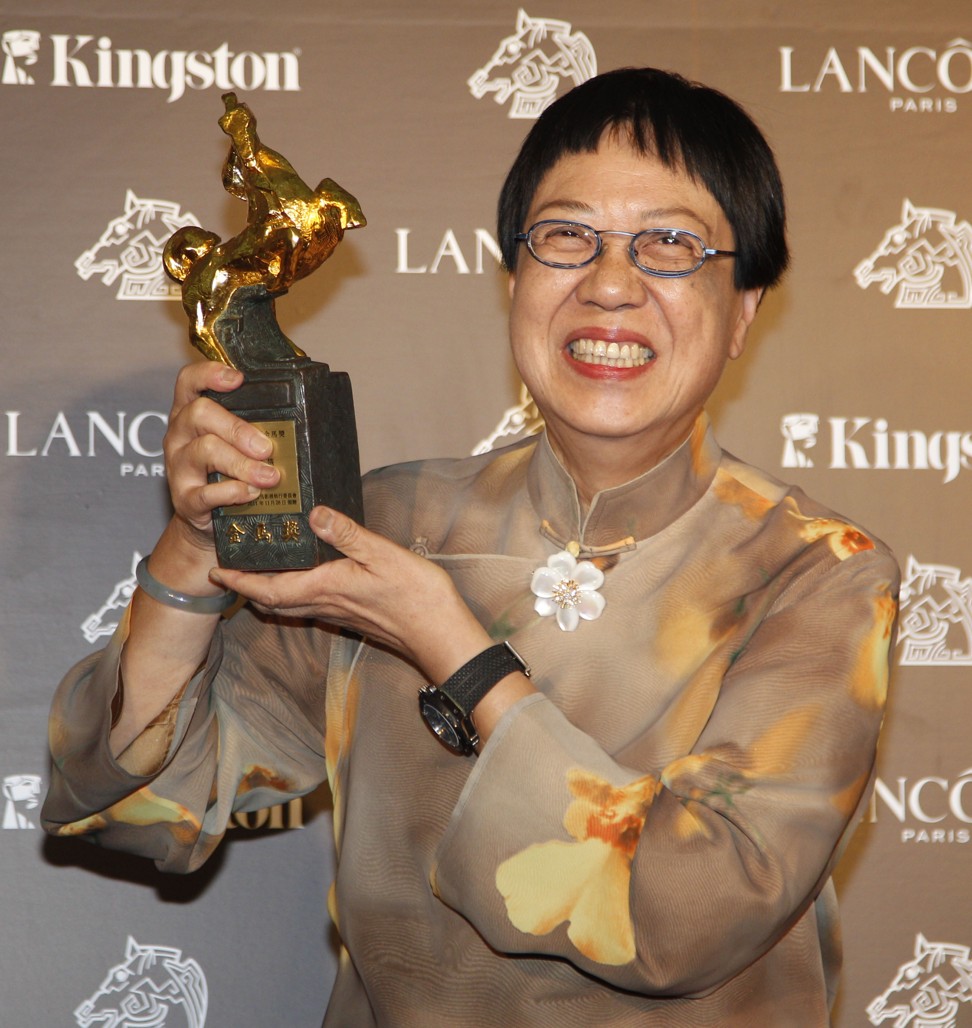
The arts
Ann Hui On-wah
Film director, producer, screenwriter and actress, 70-year-old Ann Hui On-wah, MBE, is the only person to have won five Hong Kong Film Awards for best director.
Hui studied at the London Film School in the 1970s and was an assistant to Chinese film director King Hu, before directing drama series and documentaries for Hong Kong TV station TVB. After several years in the television industry, in 1979 she directed her first film, a mystery thriller called The Secret, and quickly became known as a leading figure of the Hong Kong New Wave film movement.
In pictures: Ann Hui, officially the most celebrated director in Hong Kong film history, turns 70
By the 1980s Hui’s name was growing on the international cinema circuit as she became well-known for depicting Hong Kong social issues.
In 2012 Hui was honoured at the Hong Kong International Film Festival and the Asian Film Awards with lifetime achievements awards.
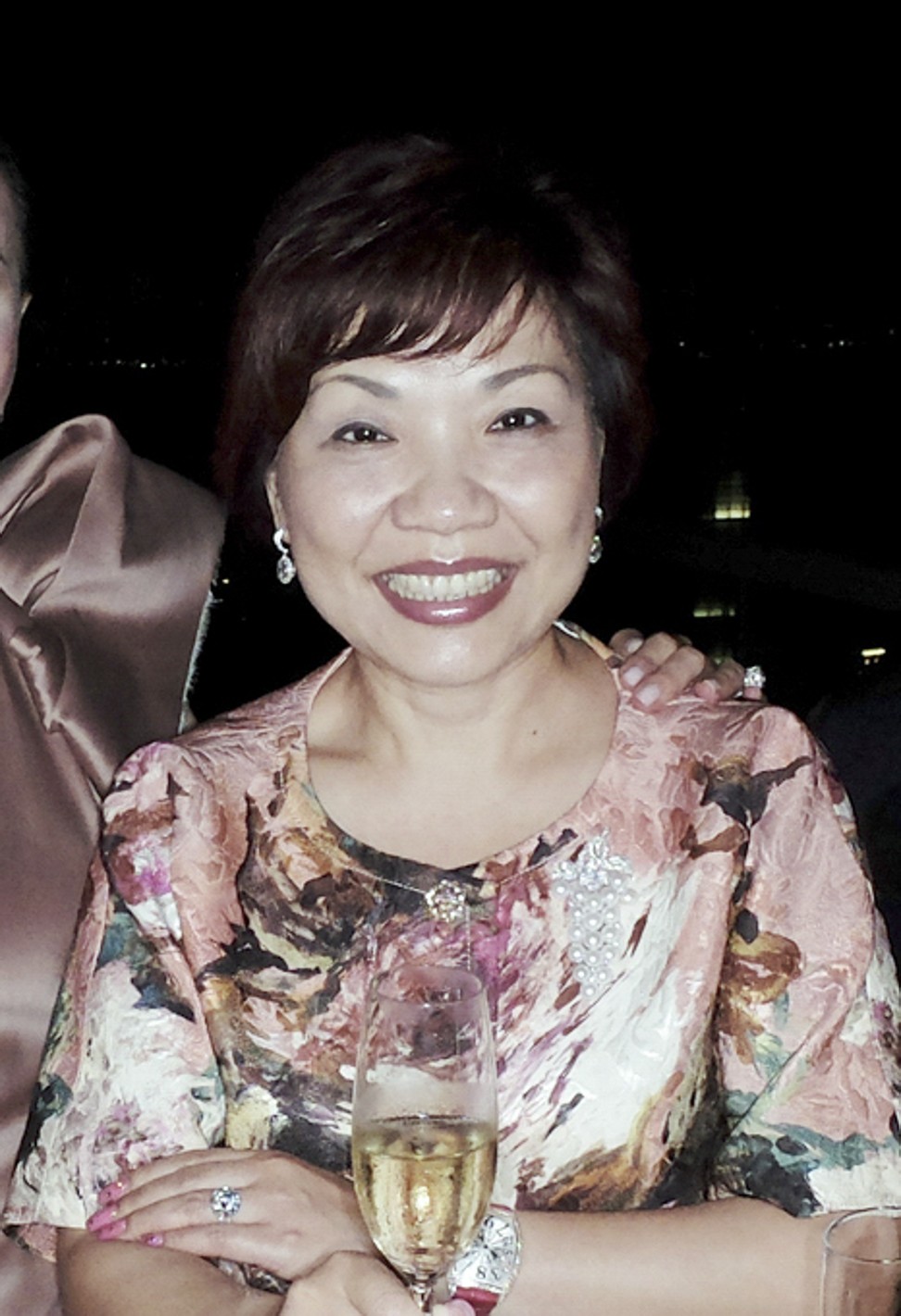
Business
Pollyanna Chu
With an estimated net worth of US$10.2 billion, Pollyanna Chu is Hong Kong’s wealthiest woman and 14th wealthiest individual, in a city full of male tycoons.
In 1992 she launched Kingston Financial Group, named after her only son, and ran it with her husband, who serves as chairman of the group. Chu, the CEO and executive director, has built the company into a financial powerhouse that competes with global firms for local business.
The 59-year-old is also an executive of Golden Resorts Group, which engages in hotel and gaming businesses, and the luxury watch company Sincere Watch, which she bought in 2012 and which is now run by her son.
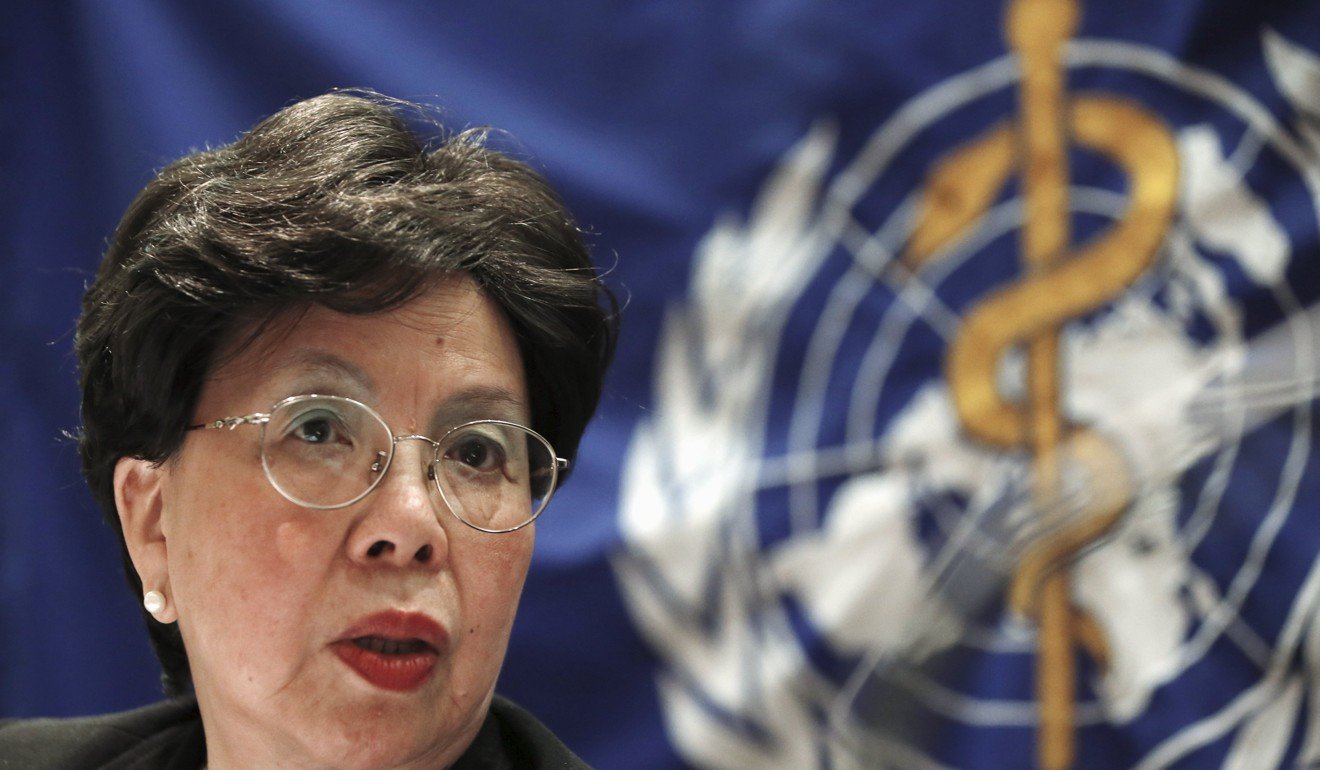
Health
Margaret Chan
Margaret Chan Fung Fu-chun was named the 38th most powerful woman by Forbes in 2016 for her role as director general of the World Health Organisation (WHO). She served in this position for two terms from 2006 until her retirement in 2017. Before that, from 2003 to 2006, Chan was director of the WHO’s Department for Protection of the Human Environment.
The lessons of Sars, 10 years on
Before working for the WHO, the now 70-year-old was the first woman director of health in Hong Kong, from 1994 to 2003. Her profile rose when she was credited with bringing the first human outbreak of H5N1 bird flu under control in 1997, and she was awarded an OBE that same year. In 2003 Chan led the department in the fight against severe acute respiratory syndrome (Sars) in Hong Kong.
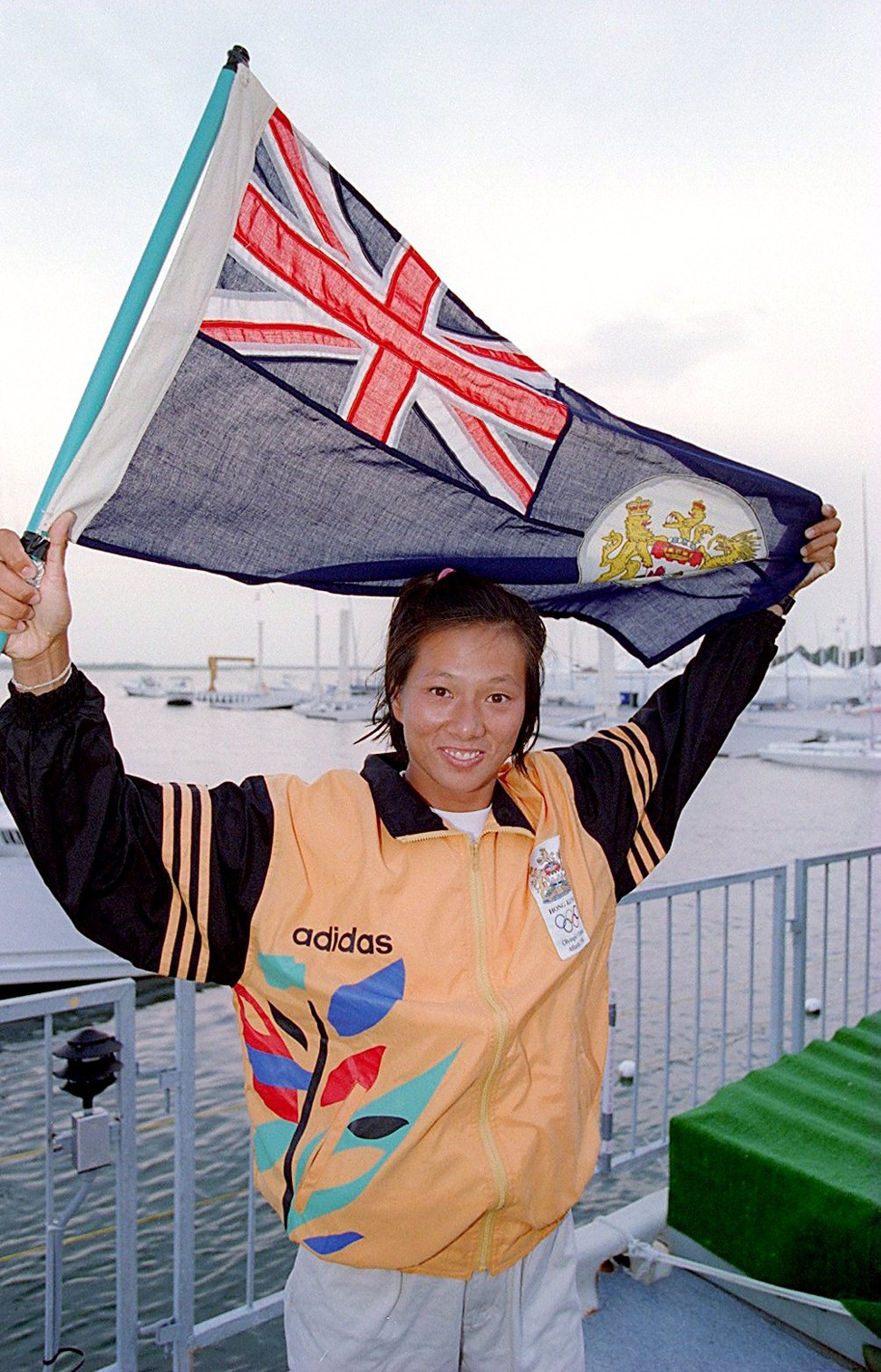
Sport
Lee Lai-shan (San San)
In 1996 Lee Lai-shan, nicknamed San San, won the gold medal for windsurfing at the Atlanta Olympics at the age of 25. Although Hong Kong had competed in the Olympic Games since 1952, it had never won a gold medal. Lee’s win was the first and last gold for British Hong Kong.
Recognition from community for athletes more important than cash rewards, says Olympic icon Lee Lai-shan
Born on Cheung Chau, an island 10km southwest of Hong Kong Island, San San began windsurfing at the age of 12 under the instruction of her uncle, who ran a sailing centre. She took part in her first competition at 17, before joining the Hong Kong team two years later.
Before her Olympic gold, Lee had also won gold at the 1993 World Championships in Kashiwazaki, Japan, and silver in both the 1990 Beijing and the 1994 Hiroshima Asian Games. In 1998 she became the city’s first champion at the Asian Games, in Bangkok.
Cheung Chau’s beachfront has a monument in the shape of a windsurfing board in her honour, and in 2002, a waxwork figure of Lee was unveiled at Madame Tussauds on The Peak.

